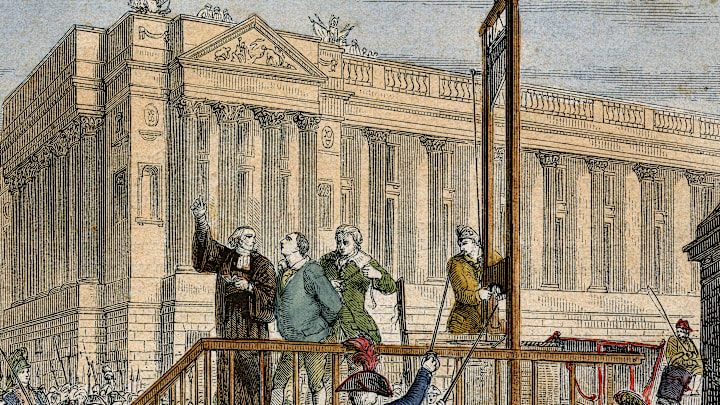
Atahualpa of the Inca Empire
"What have I done, or my children, that I should meet such a fate? And from your hands, too, you who have met with friendship and kindness from my people who have received nothing but benefits from my hands."
Atahualpa was the last Sapa Inca of the Inca Empire before its destruction by the Spanish. He was one of many children of a previous ruler, Huayna Cápac, who died in 1525. His brother Huáscar initially took over from their father, but the men fought a war over the position, ending with Atahualpa on the throne.
However, he came to power just as Francisco Pizarro came to the region, looking to conquer its people and claim its resources. Atahualpa was invited to a diplomatic meeting, which turned out to be an ambush. The Spanish killed his men and captured him, keeping him prisoner until he seemed like too much of a liability to keep around.
Pizarro put him on trial, accusing him of idolatry, murder, and treason against the Spanish government. He was then sentenced to be burned at the stake, a practice that was reprehensible to the Inca people. Atahualpa agreed to convert to Catholicism to get a different death method and was strangled to death on July 26, 1533.
Note: These last words come from The Power of Gold: The History of an Obsession by Peter L. Bernstein.

Anne Boleyn, Second wife of King Henry VIII
"Oh God, have pity on my soul."
Anne Boleyn is perhaps one of the most infamous queens in British history. Unwilling to be a simple mistress to Henry VIII, she pushed for him to divorce his wife and marry her instead. He did, marrying her in 1533, but their romance didn't last long. Although Anne quickly gave birth to a healthy daughter, a series of miscarriages combined with political scheming saw her quickly losing Henry's favor.
She was arrested in 1536, on charges of adultery, incest, and treason. Found guilty, her execution was scheduled for May 19, when she was to be beheaded. Anne Boleyn gave a short speech before her execution, which contributed to confusion over what her last words were.
"Good Christian people, I am come hither to die, for according to the law, and by the law I am judged to die, and therefore I will speak nothing against it. I am come hither to accuse no man, nor to speak anything of that, whereof I am accused and condemned to die, but I pray God save the king and send him long to reign over you, for a gentler nor a more merciful prince was there never: and to me he was ever a good, a gentle and sovereign lord. And if any person will meddle of my cause, I require them to judge the best. And thus I take my leave of the world and of you all, and I heartily desire you all to pray for me. O Lord have mercy on me, to God I commend my soul."
While multiple elements of this speech have been discussed, including her refusal to slander Henry, the general belief is that her last words came after it. She was led forward and told to place her head on the executioner's block, at which point she reportedly cried and asked God to accept her soul.
MYTH: Katherine Howard's last words were "I die a queen, but I would rather die the wife of Thomas Culpeper."
While Anne Boleyn's last words were viewed as suitably pious, legend has told that Henry VIII's fifth wife was far more brazen in her final moments. However, this is only documented in one (highly suspect) source. Other records simply note that she admitted guilt and claimed that she deserved at least death for her crimes against God and the King.
